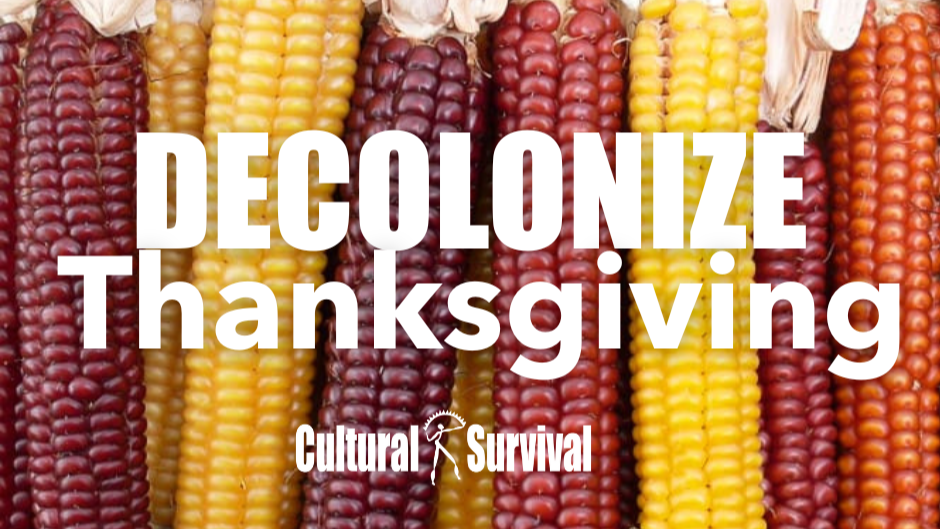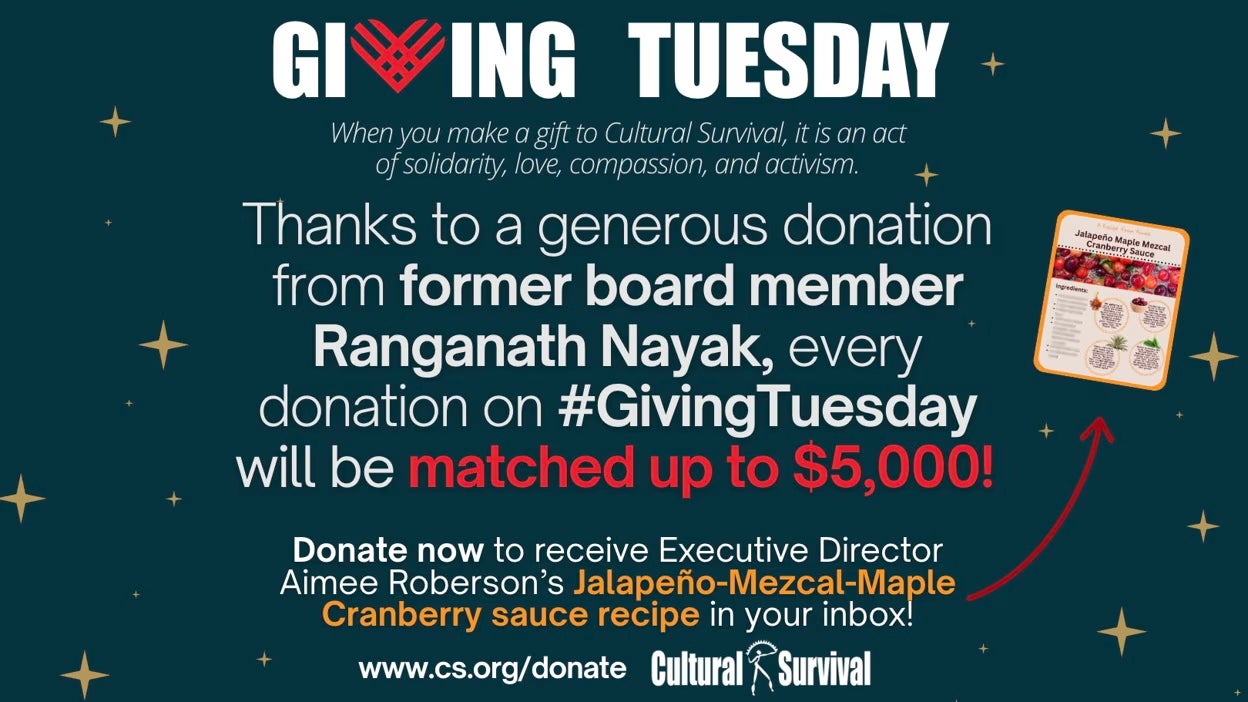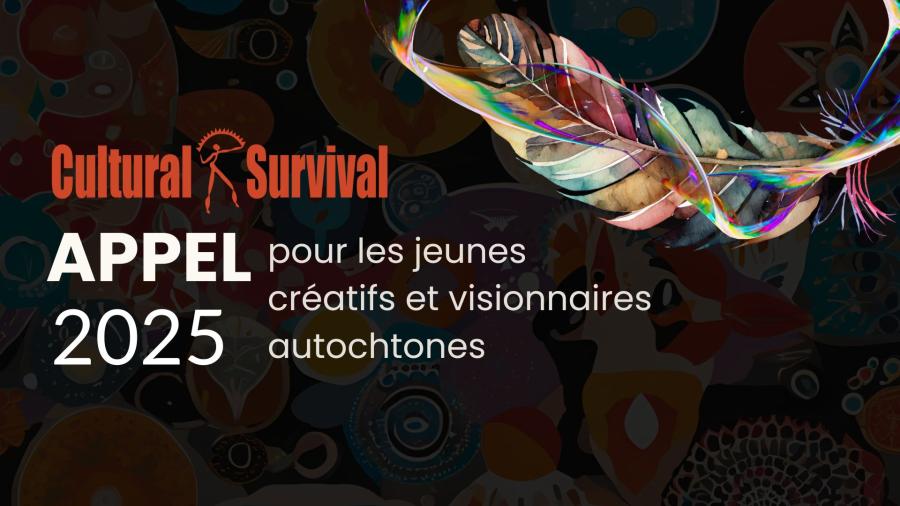
With Native American Heritage Month well underway and Thanksgiving/National Day of Mourning occurring today, let us celebrate Indigenous brilliance, honor, and acknowledge the truth in history, recognize whose land we are on, and work towards true allyship. We call upon our Cultural Survival community to learn from Indigenous Peoples and their true account of this federal holiday, confront settler mythologies of this country's history, understand how American colonialism and imperialism continue to impact Indigenous communities today, and to take steps towards true reconciliation. Explore the many ways to honor and celebrate Indigenous Peoples every day.
|
|
|
|
|
|
|
|
|
|
|
|
|
|
|
|
|
|
|
|
|













